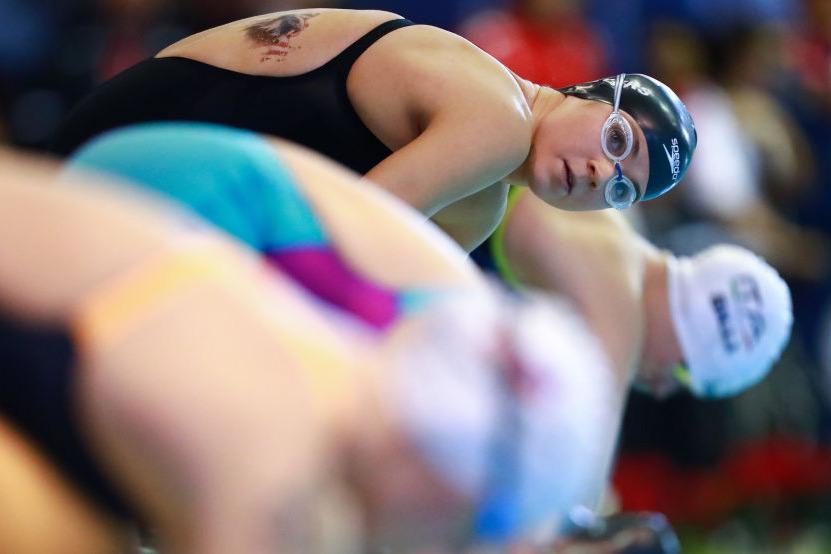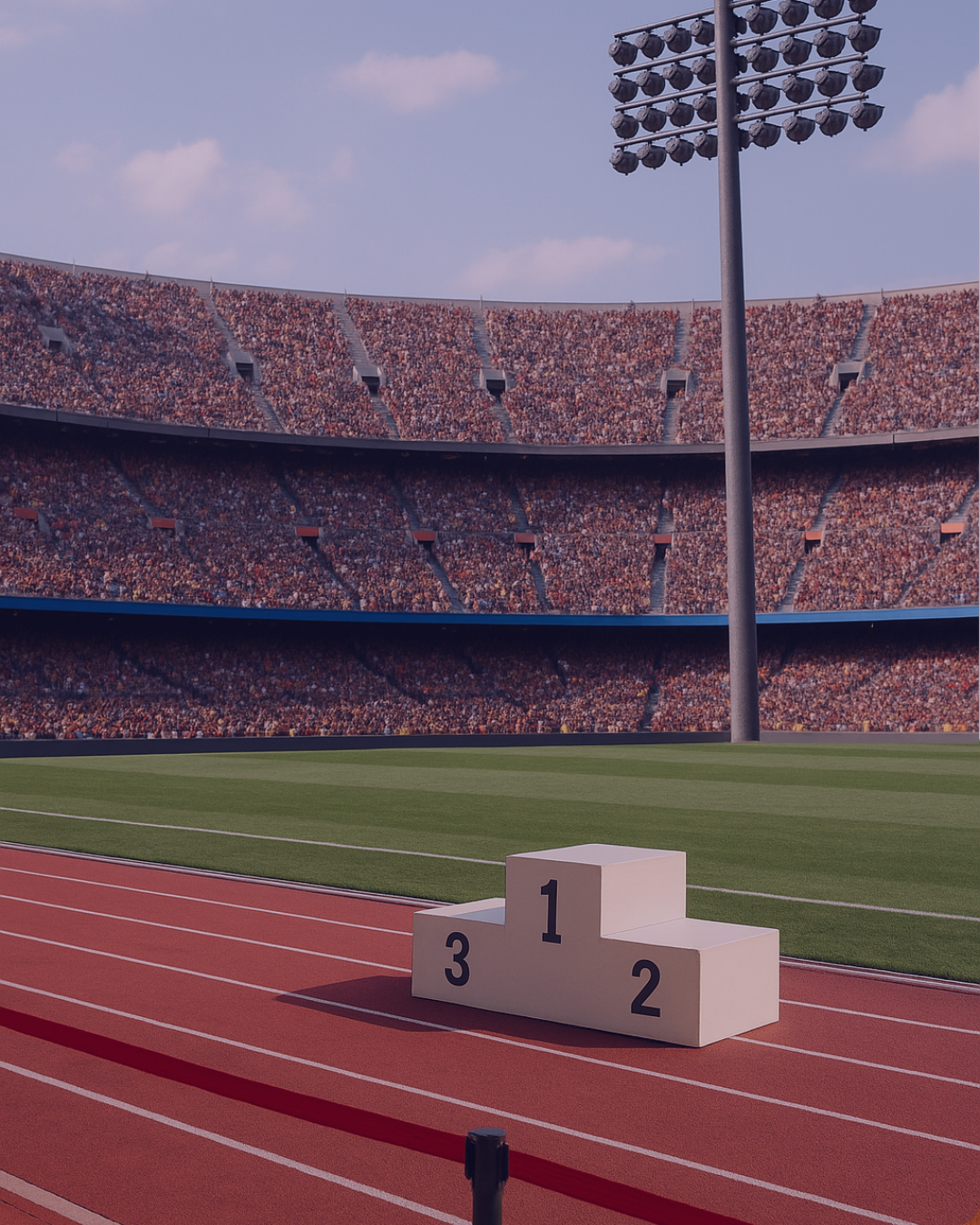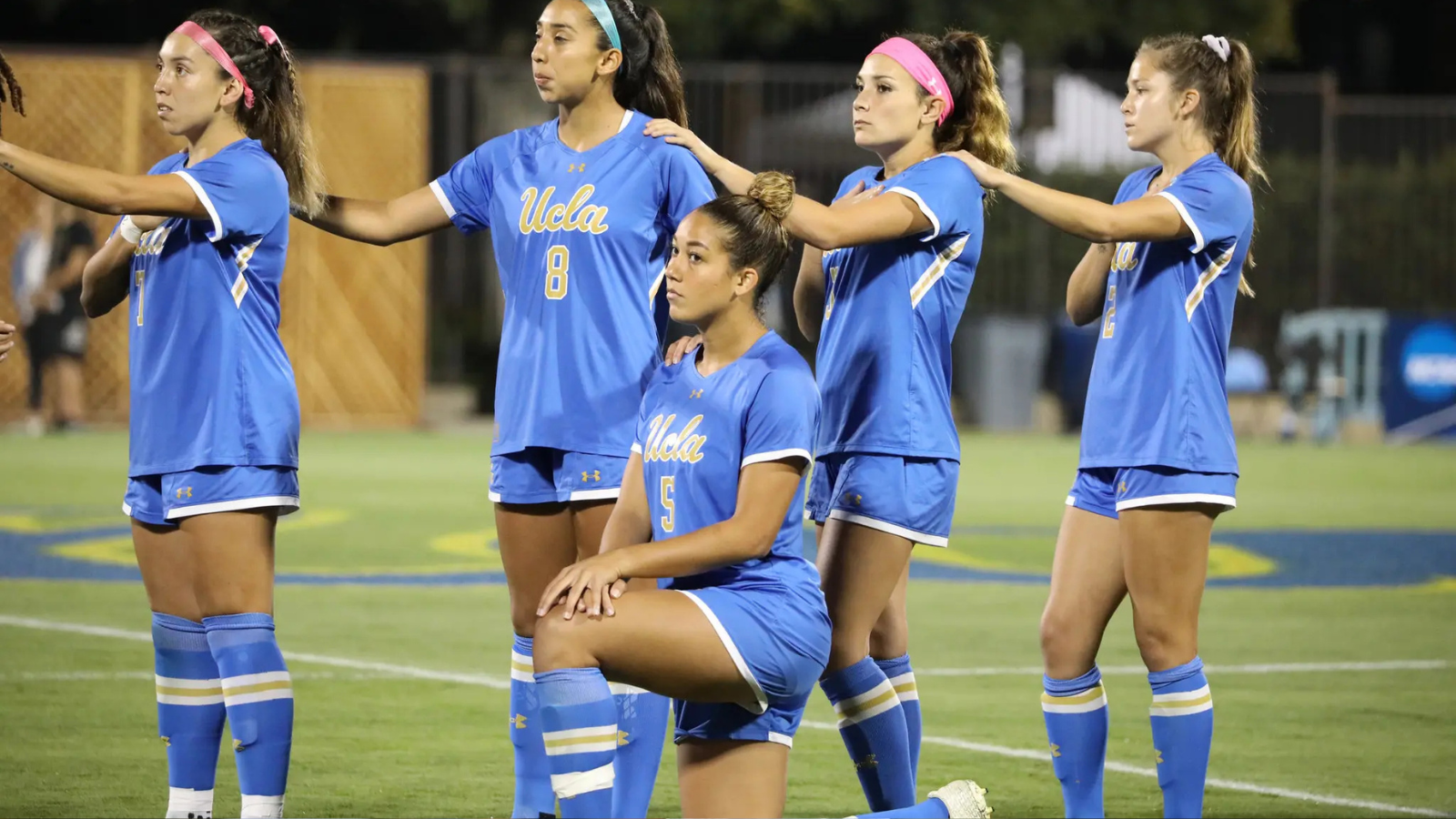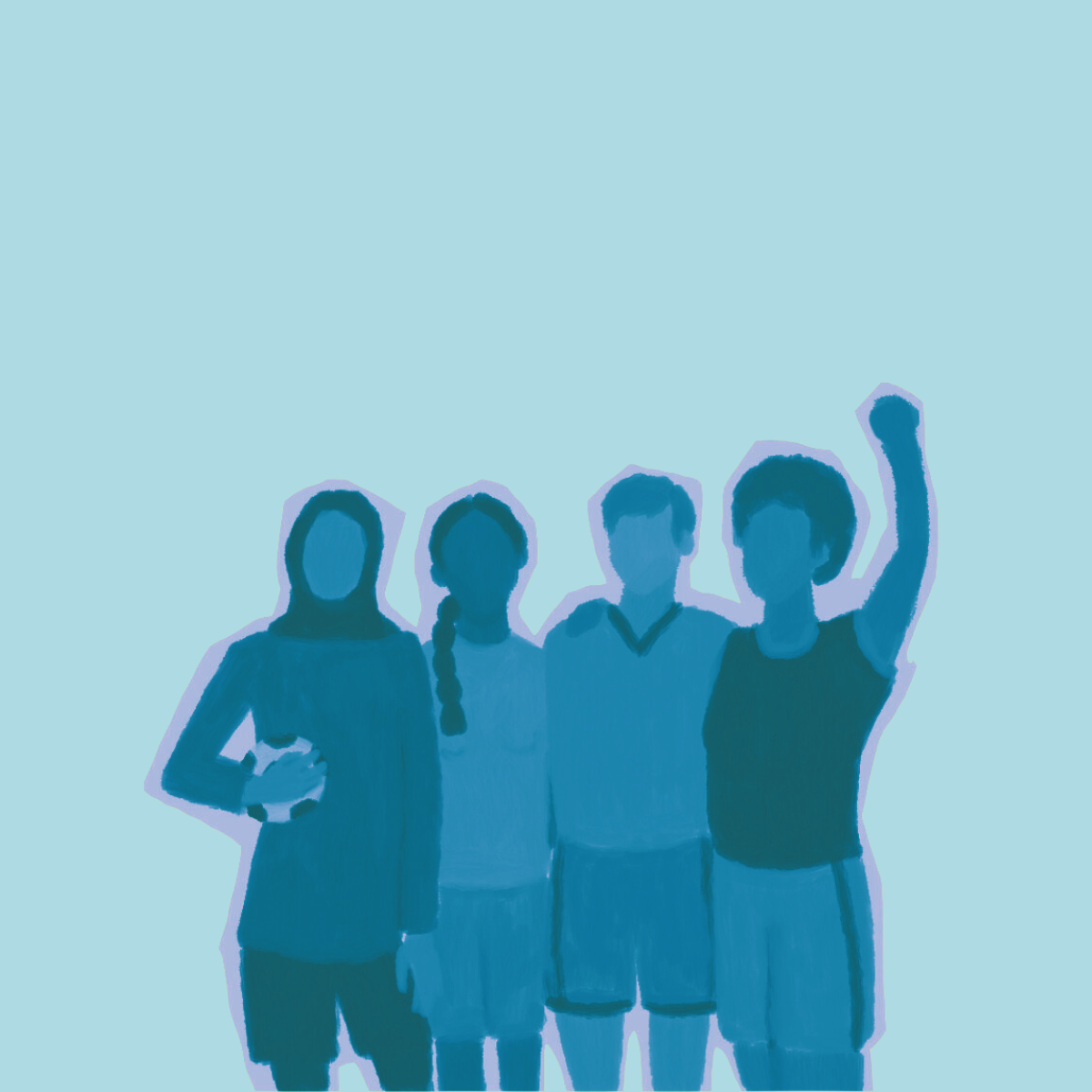Sports Federations Need to Ensure Reasonable Accommodation for All Athletes
The Tokyo Paralympic Games begin this week with thousands of Paralympic athletes from around the world competing in 539 events in 22 sports. Sadly, one athlete who had earned a place on the United States team won’t be there. Rebecca Meyers, 26, a Paralympic World Record holder who competed at the 2012 and 2016 Games, has won six Olympic medals in swimming, including three golds. But Meyers withdrew from Team USA in July because she did not have the support necessary to safely compete.
Meyers told Human Rights Watch that the US Olympic and Paralympic Committee (USOPC) refused her multiple requests for an accreditation to have a personal assistant of her choice during the games. Meyers is deaf and blind and requires a trusted, familiar personal assistant to support her as she navigates unfamiliar spaces, engages in daily activities, and in case of an emergency.
This kind of support, known as reasonable accommodation, is a necessary and appropriate modification or adjustment to help ensure people with disabilities enjoy the same rights and opportunities as others. Reasonable accommodation is required by international law and can include personal assistants, assistive devices, or alternative forms of communication. Denial of reasonable accommodation without proper justification can be considered disability-based discrimination. There should be a clear, effective procedure with timelines and appeal-mechanisms to evaluate requests for reasonable accommodations. It is not clear if the USOPC has such a system.
The USOPC contends there weren’t enough accreditation slots to allow Meyers a personal assistant. Instead, they allowed one personal assistant for 34 athletes on the US Paralympic swim team, which includes nine people with visual disabilities. Meyers is the only deaf-blind team member. According to the International Paralympic Committee, while there were limits on accreditations due to Covid-19-related concerns, the USOPC nevertheless had options to ensure additional accreditations for personal assistants.
Paralympians shouldn’t have to fight to access rights they already have to compete safely or risk their careers to speak out.
Human Rights Watch wrote to the USOPC for information regarding Meyers’ statements, the accreditation process, and their reasonable accommodation’s policy. The USOPC did not respond directly to specific questions but said they “work hard to provide our Paralympic athletes comprehensive and effective support for safety, security, comfort, and performance.” They also noted they are initiating a working group on athlete support and accommodations. No information on this issue could be found on their webpage.
The working group should ensure Rebecca Meyers and other athletes get the reasonable accommodations they need to compete so they can safely display their incredible skills to the world.






